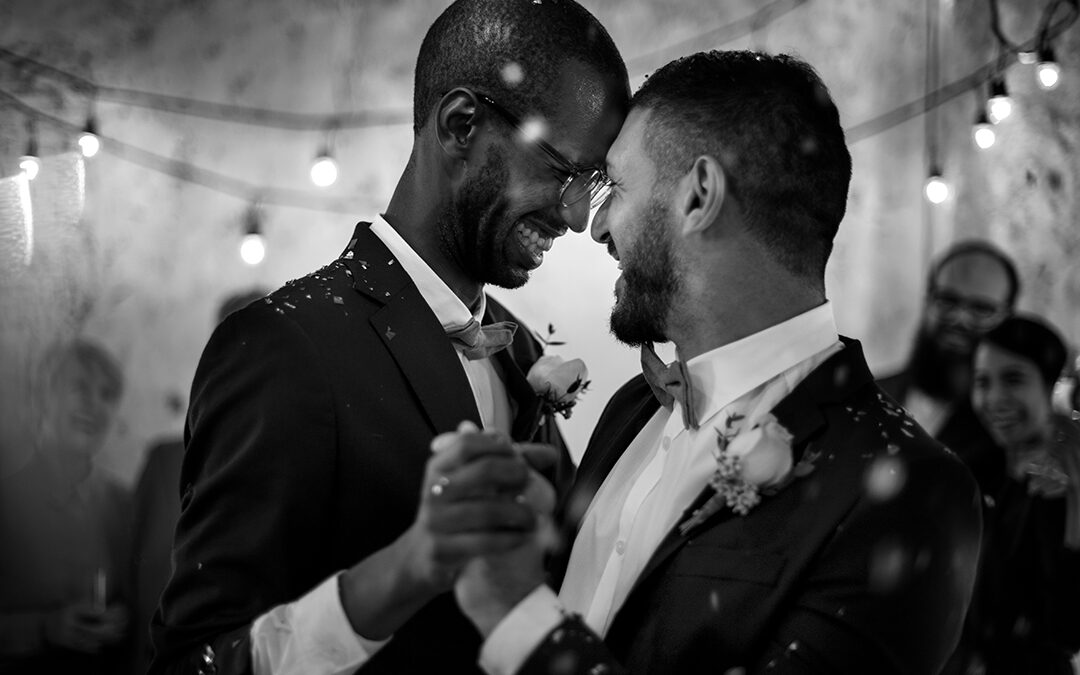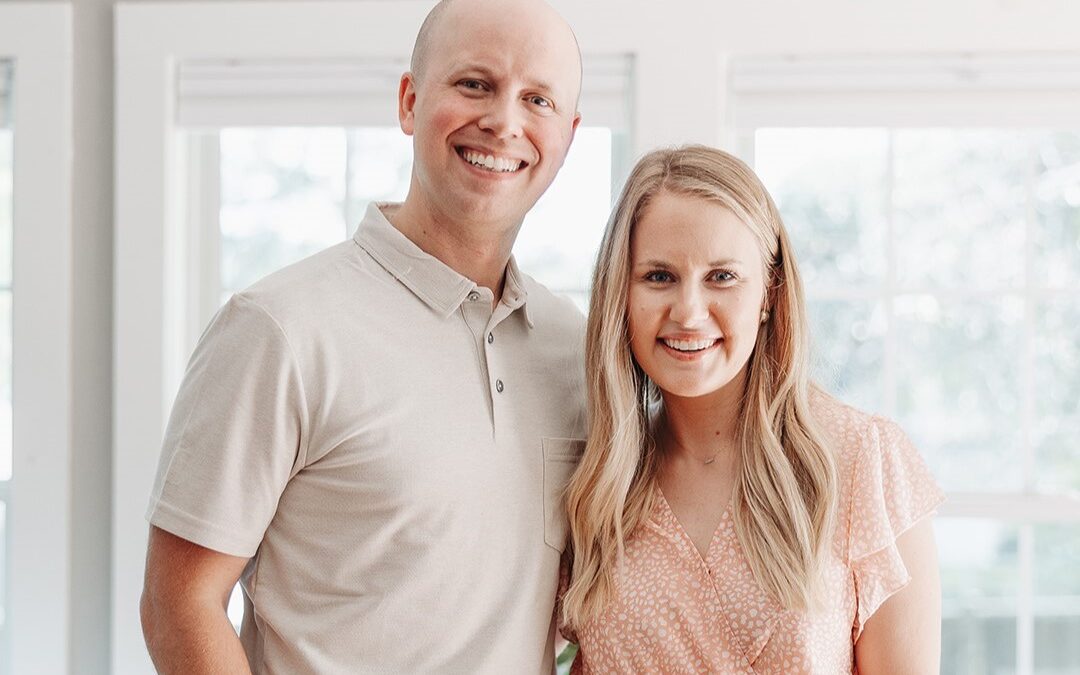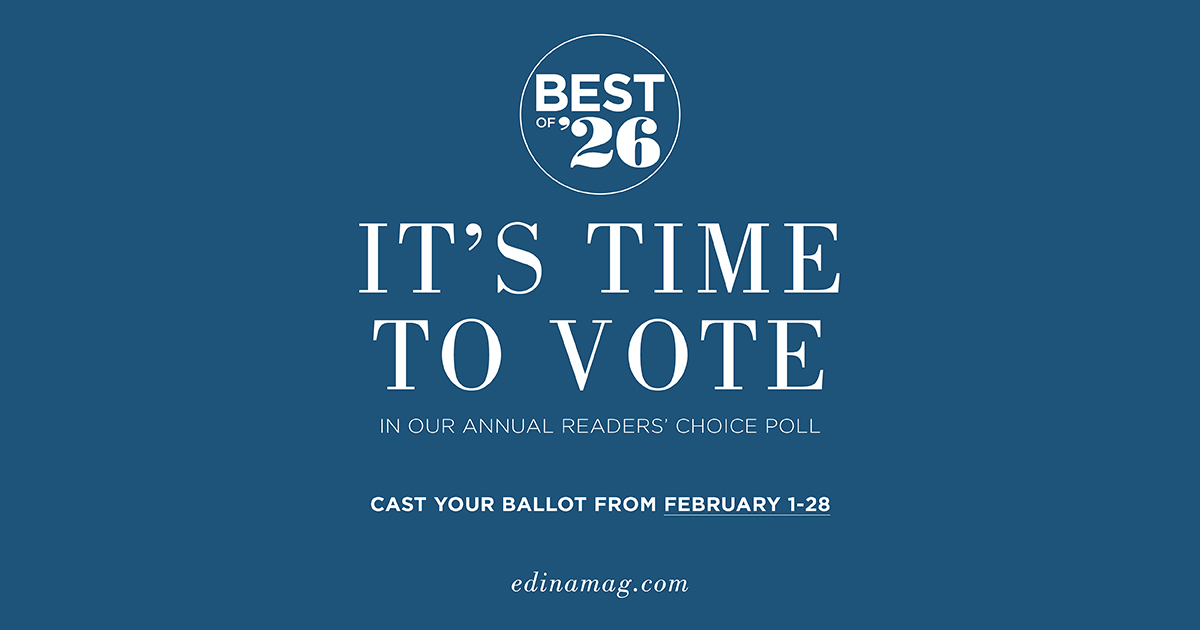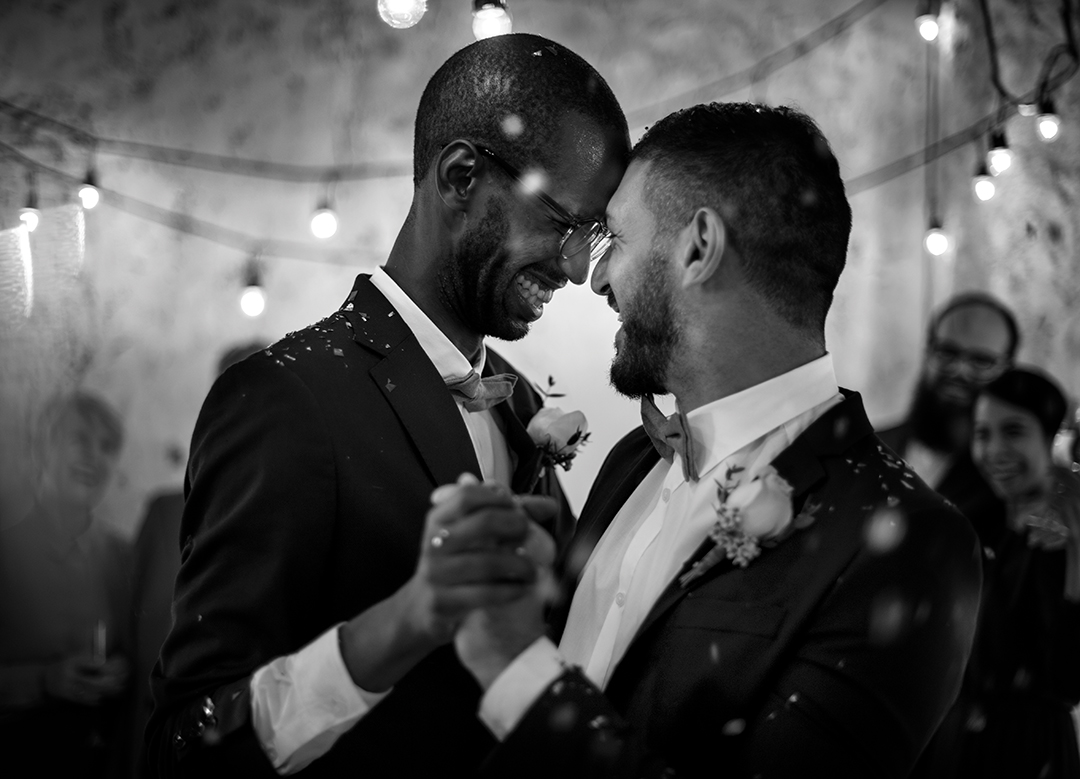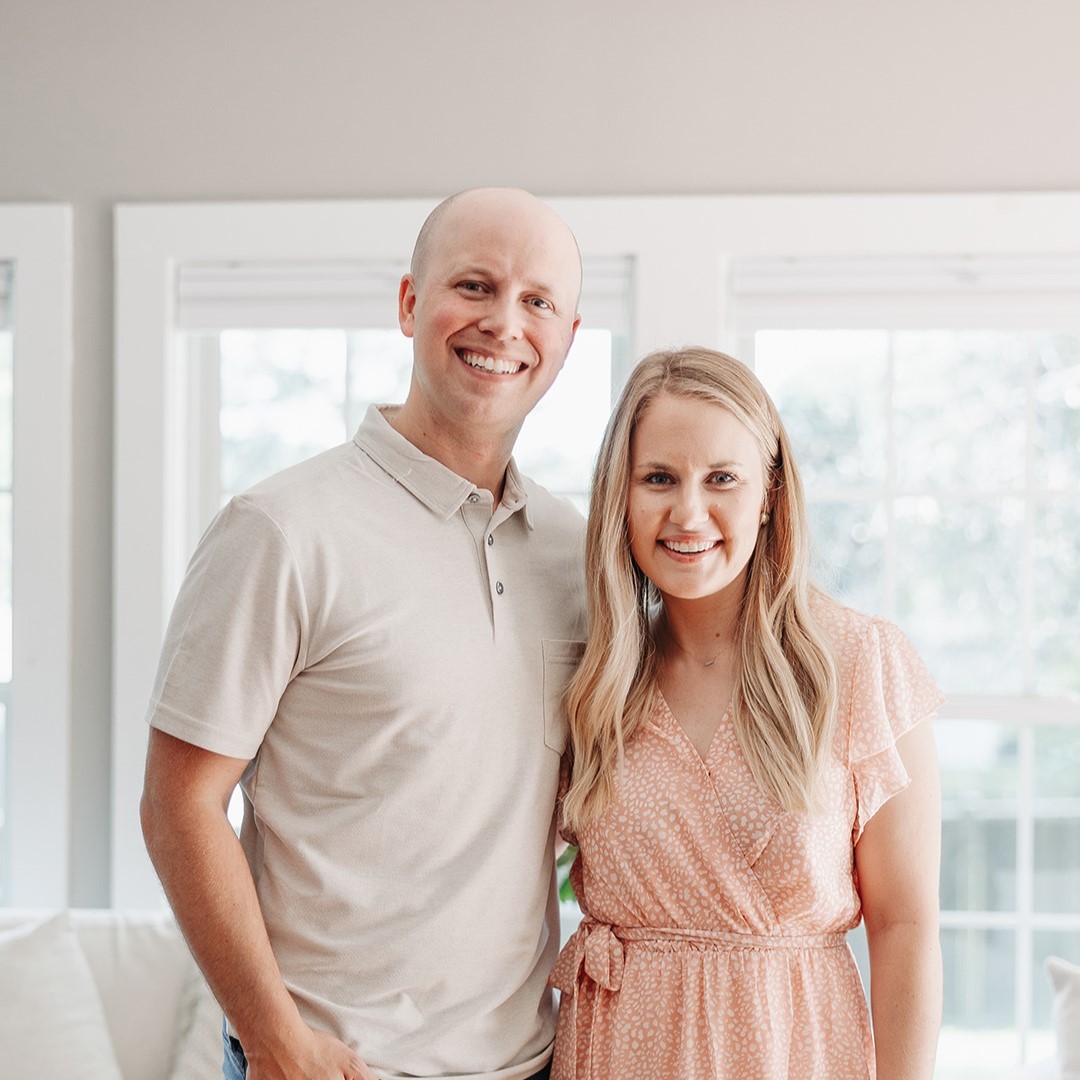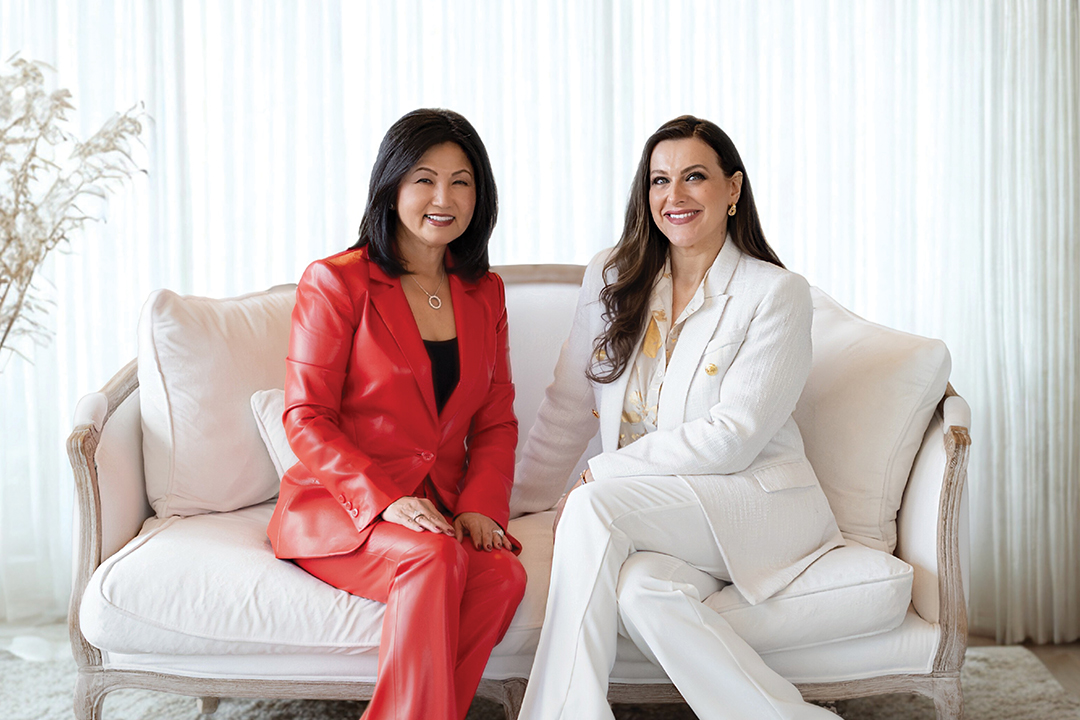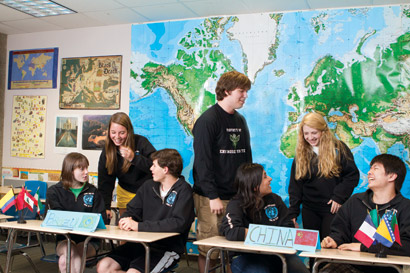
Model UN members Anna Schmiel, Hattie Van Metre, Steven Schweiger, Connor Deeds, Anisha Singh, Laura Johnson and Kelwen Peng.
Students at Edina High School take on the world’s most pressing issues as ambassadors in Model UN.
Can a place where athletes, bookworms, musicians and students from different social circles converge and collaborate truly exist in a high school? The co-advisors and members of Edina High School’s (EHS) new Model UN team certainly think so.
“You take on the role of the ambassador of a country to the United Nations and try to solve some of the world’s most pressing problems, like food aid, women’s rights and global warming,” says Betsy Nimmo, Model UN co-advisor and social studies teacher at EHS.
“All three grades are represented and there is great camaraderie,” Nimmo adds. “It warms my heart every day when I’m stressed about how much work it is.”
Although the team wasn’t formed until 2010, the Edina Rotary clubs had been sending students to the Model UN conference in Winnipeg, Canada, for more than a decade. Nimmo, who inherited the program when a colleague left to teach in India, was quick to set up an application process for the Winnipeg trip.
Overwhelmed by the number of applicants, she began to think about starting a Model UN club in the school. “I was doubtful at first, but I agreed to hold an informational and organizational meeting,” says Nimmo. “Lo and behold, 30 students showed up! I was shocked.”
From this turnout came 24 committed students in the 2010-11 school year. The next year brought in nearly 70 students. In weekly practices, the group works on honing public speaking, refining research and writing methods, problem-solving, conflict resolution, negotiating and more. “It’s an amazing resume of skills,” Nimmo says.
Anna Schmiel, a returning member who is about to begin her senior year as co-captain of Model UN, got involved when she took Nimmo’s AP U.S. government course and developed a passion for politics. Model UN seemed like the perfect arena to gain experience.
“It is applicable to being a citizen of the world,” says Schmiel. “When my generation grows up and faces global issues, diplomatic skills will be vital in every profession. If you want to be a doctor, understanding how HIV/AIDS affects the economies of poor countries will be important in developing a vaccine. If you want to be an engineer, finding alternatives to oil will require the combined effort of many countries.”


